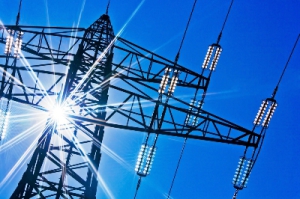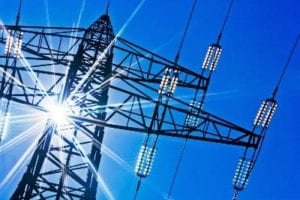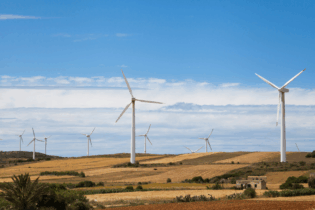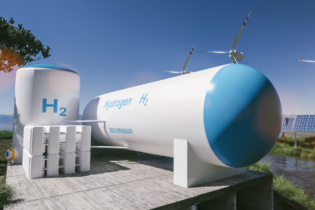
According to a panel discussion on Africa’s Next Challenge addressing this lack of accessible electricity is the continents next challenge
The theme for WEF 2016 is “Mastering the Fourth Industrial Revolution” which is about the convergence of man and machine and technology is the key driver of this, according to the World Economic Forum.
But, on a continent where more than half of the population does not have access to electricity, what does this mean?
According to a panel discussion on Africa’s Next Challenge addressing this lack of accessible electricity is the continent’s next challenge.
In order for Africa to take its place in the Fourth Industrial Revolution, it will have to focus most of its resources on the development of energy and energy infrastructure.
“Africa has huge potential in various sources of energy but it is not understandable why we are at the point we are now [where 645 million people don’t have access to electricity], knowing that energy is so essential for other things to happen,” says Rwandan president Paul Kagame.
Private sector involvement
According to Hailemariam Dessalegn, prime minister of Ethiopia, African governments need the private sector to come in and engage with them in the energy arena if they want to help speed up the general development of the continent.
Hans Vestberg, president and CEO of telecommunications company Ericsson, which has a large footprint throughout the continent, couldn’t agree more.
“There are a couple of things happening on the content that are very important for economic growth – one of these is the speed at which technology is spreading throughout Africa,” says Vestberg.
He explains, “80% of the African population now has access to mobile phones and this has happened quite quickly, but this is still slow compared to what we would like to see in the five next years. We want to go from 70 million people who currently have Internet access to 700 million people in 2021, because that will enable the Fourth Industrial Revolution in Africa. For that, however, we need a quality, reliable energy source.”









